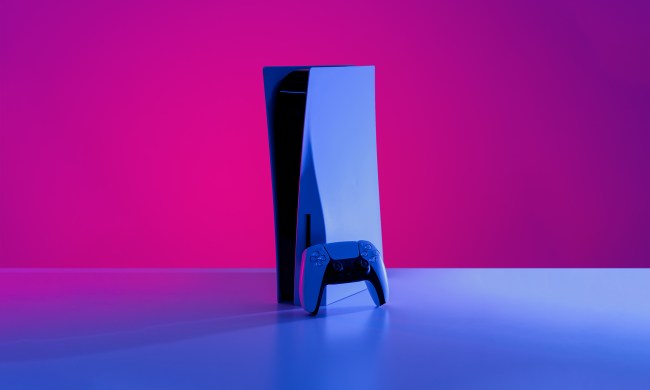
Microsoft has a vision of the computing future, and it’s somewhat different from the current model. According to ZDNet, a patent application published on Christmas Day reveals a future where users have PCs that are free or heavily subsidized. The customer then pays for performance level, amount of usage as well as that lovely “one-time charge.”
In the abstract, the application states:
"A computer with scalable performance level components and selectable software and service options has a user interface that allows individual performance levels to be selected."
"The scalable performance level components may include a processor, memory, graphics controller, etc. Software and services may include word processing, email, browsing, database access, etc. To support a pay-per-use business model, each selectable item may have a cost associated with it, allowing a user to pay for the services actually selected and that presumably correspond to the task or tasks being performed."
Key to all this is a security module that ties the computer to a supplier:
"The metering agents and specific elements of the security module… allow an underwriter in the supply chain to confidently supply a computer at little or no upfront cost to a user or business, aware that their investment is protected and that the scalable performance capabilities generate revenue commensurate with actual performance level settings and usage."
In its application, Microsoft sees three main user scenarios – office, gaming, and browsing – which involve charging for different bundles:
"Charging for the various bundles may be by bundle and by duration. For example, the office bundle may be $1.00 per hour, the gaming bundle may be $1.25 per hour and the browsing bundle may be $0.80 per hour. The usage charges may be abstracted to ‘units/hour’ to make currency conversions simpler. Alternatively, a bundle may incur a one-time charge that is operable until changed or for a fixed-usage period."
The company does acknowledge that users might well end up paying more than they do currently. However, they feel that these ideas will extend the life of computers and that customers will feel it’s a good payoff.



